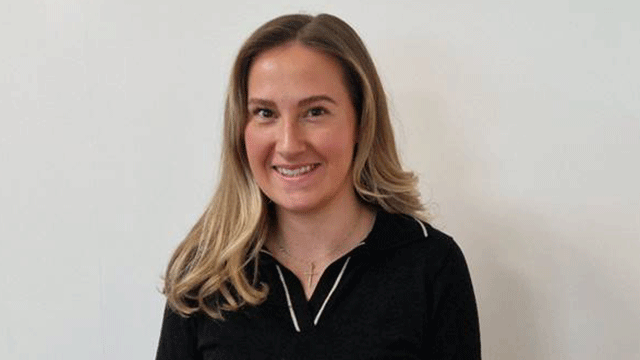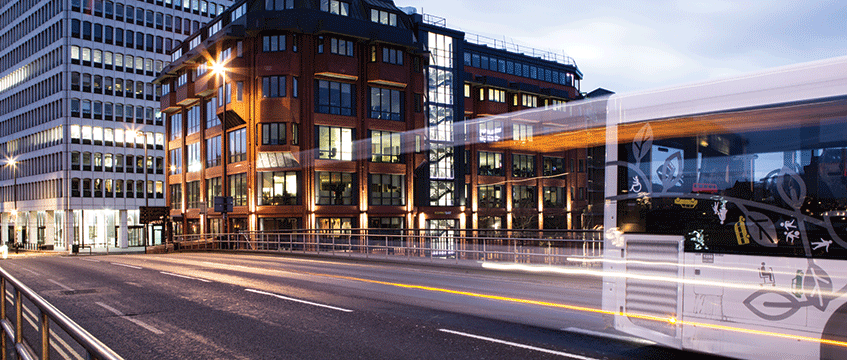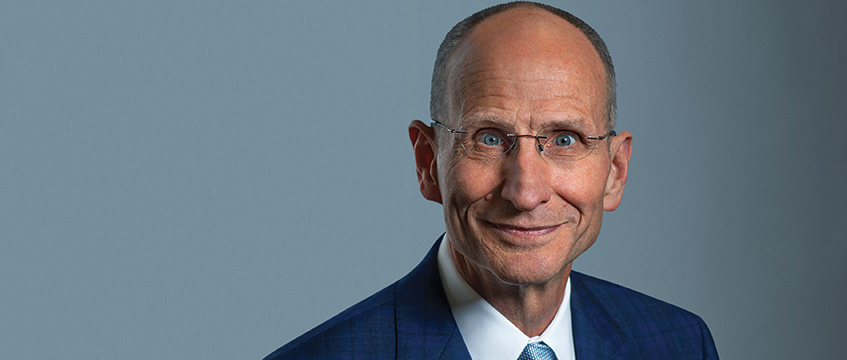Future of Bristol: Has Covid been a catalyst for change?
F or councillor Nicola Beech, cabinet lead for planning at Bristol City Council, the upheaval and uncertainty caused by Covid-19 has provoked many debates, but few quite so bitter as the city’s decision to introduce new cycle paths and close city centre roads during the global pandemic.
In May, the council announced ambitious plans to restrict traffic in one of the major routes through the Old City area, close Bristol Bridge to private cars and pedestrianise parts of the city centre as part of a government-led initiative aimed at reducing the spread of the virus and air pollution.
Caught between angry taxi drivers, city centre traders, The Daily Mail and environmental lobby groups, Beech sees the argument as one that encapsulates the council’s position as it attempts to use the pause created by the pandemic to improve its offering to citizens and ultimately compete better as a city on a global and national level.
For councillor Nicola Beech, cabinet lead for planning at Bristol City Council, the upheaval and uncertainty caused by Covid-19 has provoked many debates, but few quite so bitter as the city’s decision to introduce new cycle paths and close city centre roads during the global pandemic.
In May, the council announced ambitious plans to restrict traffic in one of the major routes through the Old City area, close Bristol Bridge to private cars and pedestrianise parts of the city centre as part of a government-led initiative aimed at reducing the spread of the virus and air pollution.
Caught between angry taxi drivers, city centre traders, The Daily Mail and environmental lobby groups, Beech sees the argument as one that encapsulates the council’s position as it attempts to use the pause created by the pandemic to improve its offering to citizens and ultimately compete better as a city on a global and national level.
“I think it’s a small example of the emotional roller coaster we are all going through. You could take Bristol Bridge and the cycle paths as a microcosm of the whole global pandemic,” she told a panel session during EG’s Future of UK Cities event. “The question for the council is how do we leverage the unexpected position the globe has found itself in.
“When people say ‘build back better’, what does it mean for us and how does it support us being a bit experimental with what we can do?” she asks. “What Covid taught us was that there was an enthusiasm around the chance to reshape parts of our city core, particularly where we had this real challenge around air quality, congestion, people’s reliance on the private vehicle.
“What I’m hoping is that we can make some of these changes in the city centre permanent. Balancing growth and a sustainable environment is not easy. But it’s about having the honesty and integrity to talk about it and to be realistic about where those challenges are and to take opportunities when we see them.”
Emerging as a winner
Paddy Hales, director for UK investment at Savills and head of the firm’s Bristol office, believes that despite the current pain caused by Covid-19, Bristol will emerge from the crisis as a winner.
“I think Covid has given people the knowledge that they can work from different locations, so the choice of where you live is going to change and there is going to be a change in our relationship to London,” he says. “London will be arguably the biggest loser as people decide to move. People will still go there but they won’t go every day. They will go twice a week. And I think the nice cities and nice places to live will benefit. So I think that plays into our hands.”
Hales predicts an influx of professional Londoners, attracted by Bristol’s higher standard of living and more affordable house prices, bringing with them talent and spending power. He points to recent moves to develop more homes in the city centre, meaning shorter journeys for commuters, less pollution and a higher standard of living.
Such a population shift, if it does occur, is likely to attract landlords and developers, many of which have seen their income streams shattered by the crisis, as they search to find sectors and areas producing a return.
“The investment is there. It’s not as if we as a country had suddenly absolutely no money,” says Pete Gladwell, head of public sector partnerships at L&G, a major investor in Bristol. “People’s savings and pensions are still being well stewarded and looking for places where they can invest to make an impact.”
Maintaining a vision
For Gladwell, the fact L&G has around 120,000 pensions customers in the Bristol area is one of the major draws. So too is Bristol’s One City Plan, launched in January 2019, which sets out the city’s key planning objectives and vision.
But with non-essential shops, pubs, bars and restaurants again closed for November, Claire Reddington, chief executive of Watershed, Bristol’s main film, culture and digital media centre, says it must work hard to retain the very things which make it an attractive destination.
“We’re certainly having a difficult time,” she says. “Culture, hospitality, night-time economy – all of those are linked – and they are difficult businesses to be in at the moment. They’re the things that give people a sense… of belonging. And, of course, they are also the businesses which make Bristol a nice place to live.”
Picture © Shutterstock











